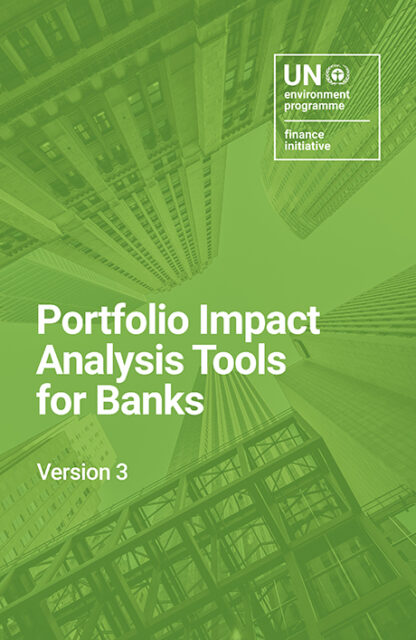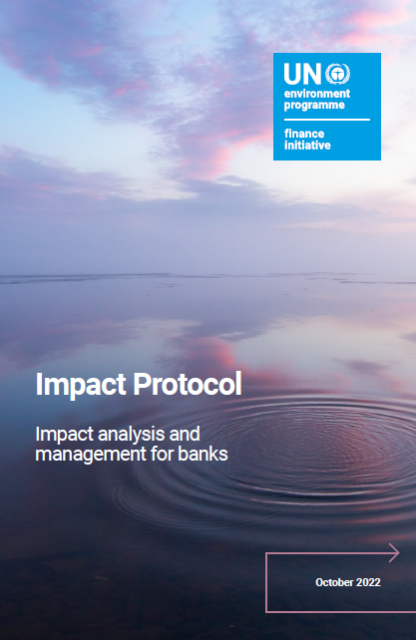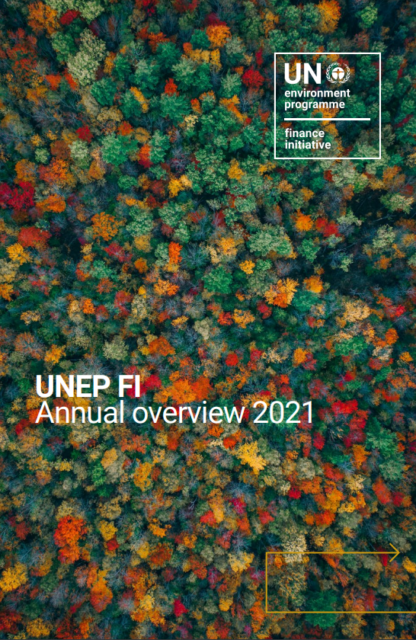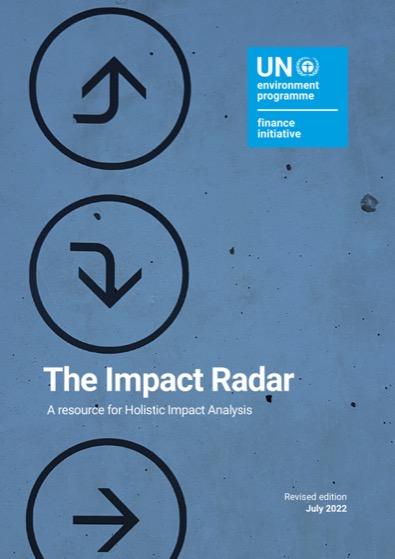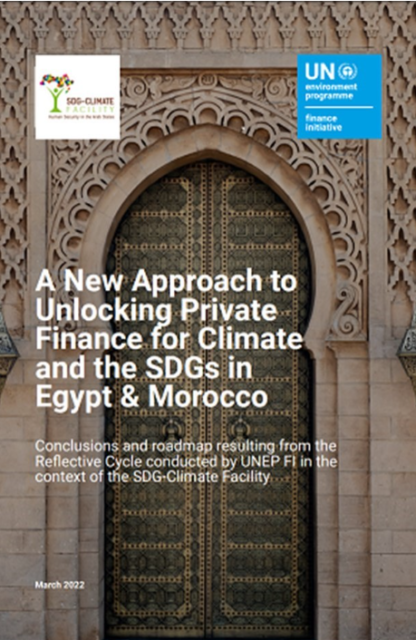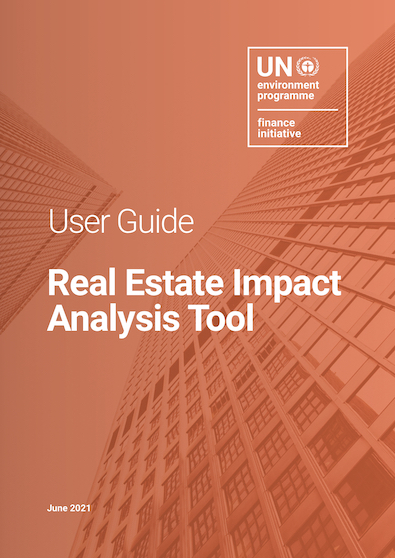About
Based on a unique theory of impact, UNEP FI works with its members and peer sustainability initiatives to mainstream impact analysis and management in business and finance, as the cornerstone to closing the $2.5 trillion SDG funding gap.
Highlights
UNEP FI launches new resources to support CSRD implementation by leveraging Principles for Responsible Banking requirements
UNEP FI has launched an ESRS Interoperability Package which helps banks leverage the close alignment between the Corporate Sustainability Reporting Directive (CSRD) and the Principles for Responsible Banking (PRB), using ...
Read moreThe Impact Management Platform launches new consensus view of the actions and fundamental characteristics of impact management
Recent years have seen accelerated uptake of sustainability-related standards and practices. Enterprises, investors and financial institutions are increasingly paying attention to their sustainability-related risks, and are managing some of their ...
Read moreUNEP FI’s work on SDGs and Impact
UNEP FI’s work on SDGs is anchored in the idea that the SDG financing gap is first and foremost a business model gap. For most current business models, positive and negative impacts to people, planet and the economy are externalities and are therefore considered as a cost centre. By adopting a holistic approach, an as-yet unexplored potential for positive impacts to generate revenues can be unlocked. New, impact-based business models can significantly decrease the cost of achieving the SDGs and give rise to business and financing solutions at scale, including in emerging and developing economies, where needs are most acute. Find out more by reading “Rethinking Impact to Finance the SDGs” here. Released in 2017, the Principles for Positive Impact Finance provide a high-level framework for the finance sector and its public and private stakeholders to analyse and manage impact across the economy, as the starting point to improve the impact of existing businesses and to stimulate the emergence and growth of new, impact-based business models. The Principles define Positive Impact Business & Finance as “that which serves to deliver a positive contribution to one or more of the three pillars of sustainable development (economic, environmental and social), once any potential negative impacts to any of the pillars have been duly identified and mitigated.” This definition is inclusive – it is relevant to all sectors of the economy, and to all types of financing – and it is holistic – it covers the three economic, environmental and social pillars of sustainable development at the heart of the SDGs, from both positive and negative impact angles. To operationalise this, and to support UNEP FI’s member banks who have committed to performing a holistic analysis of their portfolios as part of their commitment to the Principles for Responsible Banking, UNEP FI has devised the Impact Protocol for Banks, supported by a suite of Tools and Resources for Holistic Impact Management. Achieving the Sustainable Development Goals requires all market participants to understand and improve their sustainability impacts. Coherent standards and guidance across the broader spectrum of public and private economic players is therefore essential. The Impact Management Platform is a collaboration between leading providers of public good standards, frameworks, tools, and guidance for managing sustainability impacts. Through the Platform, initiatives work together to identify opportunities to consolidate existing sustainability resources, collectively address gaps, and coordinate with policymakers and regulators to support the mainstreaming of impact management. Find out more.
Find out more about our tools for impact management in our flyer.



